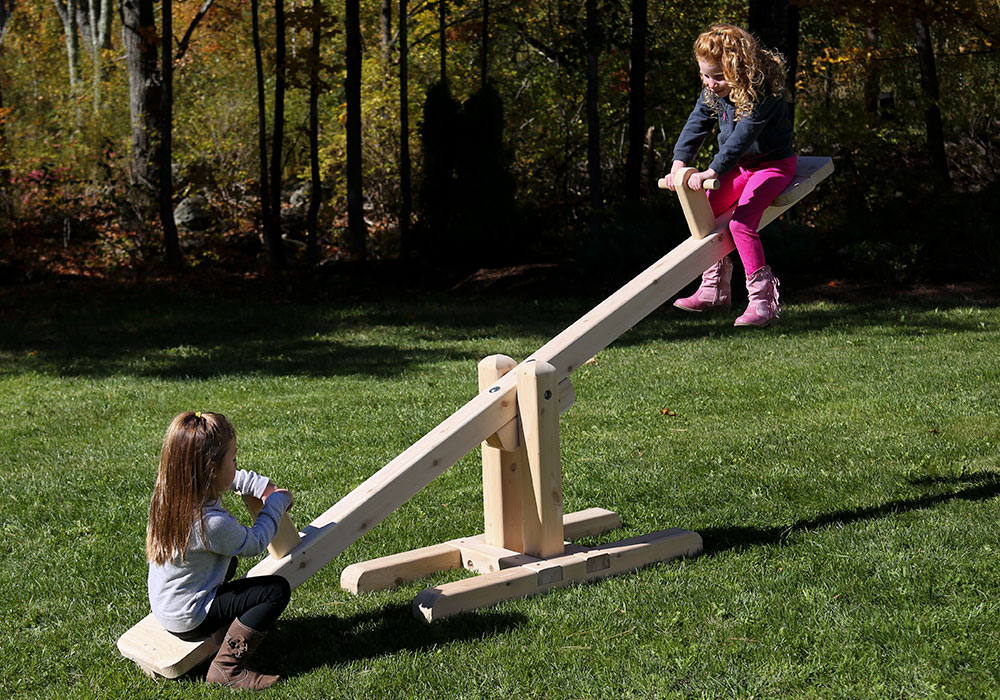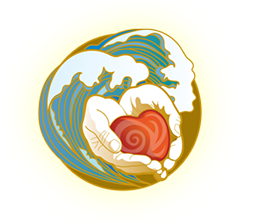
My daughter is yelling. It sounds like a cry for help. I bolt up the stairs instinctually, like I have for almost eleven years. But she doesn’t need me. She’s not even upset. She’s playing Roblox with her friends. It’s an online fast-paced game and everyone yells a lot. My daughter is yelling directions at her friends, telling them what to do and what not to do. She’s been choreographing her world since she began speaking in sentences, making up dialogue and telling her friends to repeat it word for word. She likes to be in charge, and like most people, hates being told what to do.
Now she can do things without me telling her, but that doesn’t mean she will. She’s more capable in every way and doesn’t need my help as much. I am still in the habit of doing things she used to need me to do. When I do, she’s quick to correct me: “I’m not a baby anymore, Mom!”
My baby is growing up. She’s different now. She still likes to cuddle and take baths together, but she also slams the door a lot and tells me to leave her alone. She does things her way, ways I don’t always agree with. She makes mistakes and breaks things, but that doesn’t deter her from trying again. In fact, her frustration often gives her the fuel to try harder. She’s asserting her independence more and more.
She’s bigger in every way. She’s not big compared to her peers, a fact she gets teased for. When she was born, she was in the second percentile for weight. Luckily, after being scared by one doctor, we found another one who wasn’t worried. “It’s obvious that she’s thriving”, he said. “All that matters is she’s staying on her own curve.” She’s done that well – stay on her own curve – and she’s still thriving.
Now the curve is growing on her chest. She’s watching her breasts closely and proudly announcing each change, which I too can’t help but notice. She’s checking them out daily and checking mine out differently. Gone are the days when she wants to suckle, something that she did for years after breastfeeding stopped. Now she likes to touch my breasts and move them around, checking them out from different angles as she snuggles into my chest. After a pause for both of us to breathe in the vanishing moment, comes the question: “Mom, how did your breasts get so big?”
She’s trying to imagine her own growth. We both are. Everything feels like it’s moving faster. She’s up to my nose. When she was little it took her months to grow out of a clothing size. Now I’m buying her new clothes every month. At this rate, she’ll be taller than me before she’s twelve. I’m not a tall person, but it’s a disconcerting, real- time barometer that she’s not my little girl anymore.
She takes up more space in her own world. It’s a world her dad and I are not part of, though so far, she invites me in. I am the parent she tells about her latest crush and who’s dating who in her fifth- grade class. She’s starting to ask me big questions about how she’ll manage things like smoking and drugs – both of which, at this point, she’s sure she won’t do. Since I’m not as sure, I tell her what to watch out for and to always listen to herself. We make plans for how she’ll protect herself and how I’ll help. She settles, but I don’t. I know too much about what could happen.
When I intrude and ask about the same things she’ll share openly in her own time, she’s sassy and rude. Sassy is a word she taught me. A word she’s now embodying more and more often. Embodying – she’s doing that. She’s growing older. She’s growing sassiness. She’s growing relationships that have nothing to do with me. When I try to meet her friends at school, she recoils. If I introduce myself to them as her mom, she rolls her eyes.
She still runs in, out and around the house like a storm, leaving plates and socks and toys in her wake. But the weather is changing. We can both feel it. I’m shrinking and she’s growing. We are moving in opposite directions. In this crossroads, some of her classmates and even some of her teachers have thought I was her grandma, not her mom. This embarrasses her, but I find it fascinating. We are forty- two years apart, so it’s understandable. But it doesn’t happen regularly. The last time people mistook me for her grandma was eight years ago, when she was two and I was forty- four. Back then, I was caring for my aging father who was losing control of his bladder, as my daughter was potty-training. Accidents abounded. The more potty trained my daughter became, the more incontinent my father grew. They were in synch, sitting on opposite ends of the seesaw of life, one going up, one going down.
Eight years later, she and I are on the same seesaw, and once again, people think I’m my daughter’s grandmother. She’s entering puberty and I’m entering menopause. Both are portals that take years to walk through. Once on the journey, your body is in charge in ways that are unfamiliar and unpredictable. Both our changes have us reacting to things that didn’t used to bother us. Maybe that’s why we both need more sleep and more snuggles. Then suddenly more space. Maybe that’s why even our own tears surprise us. Both our metabolisms are speeding up. We both need more food, right now, and yell and stomp and give up quickly when a glance into the fridge reveals nothing we want.
There’s no time to dig deeper while we are being dug. We’re being carved anew daily, unearthing places within ourselves that we’ve never been before. Even the familiar is not the same. We get angry in a flash, and our anger is sudden, loud and deep. It seems to have been waiting for this moment, and then vanish in the next. I wish I could teach my daughter how to accept or even rejoice in the energy moving through her that the world calls anger or defiance or rawness, and science calls hormones, but I haven’t figured it out myself yet.
My daughter has tons of new questions, while I don’t have as
many as I used to. I know what my work is, who I love,
and am settled where I’m living. I
struggled with all three of these things for decades. Those struggles are over
now. I’m beginning to relax into who I am.
My daughter is just starting to ask who she is and dream about who she wants to be.
Ever since the day she was born, I have looked forward to being a grandma. Now I watch her shape her future within the confines of a changing climate, and I wonder if being mistaken for her grandma is as close as I’ll get.
“Sorry mom,” my daughter said the other night, “I’m was having a mood swing. I think I’m going through puberty.”
“You are,” I say. “And I’m going through changes on the other end. It’s called Menopause. I have big mood swings too.”
“I can’t control them,” she says with tears in her eyes, “they just happen.”
“I know.”
“I just yelled at my best friend for no reason!”
“I know. Remember when I yelled at you last night?”
“Yeah.”
“Remember how mad I got at Dad the other day?”
“I’ve never seen you so mad.”
“I don’t think I’ve ever gotten so mad. This is just the beginning. These
changes are going to go on for both of us for several years”
“Years???”
“Yes. But we’ll get through it together. You’ll become a woman capable of giving birth and I’ll become a grandma, someone who can’t give birth anymore.”
“Guess it makes sense why people think you’re my grandma.”
“It kinda does.”
“But you’re my mom. And I love you just the way you are.”
“I love you too. And I’ll love you through the changes.”
“Me too Mom. I’ll Love you all the way through.

